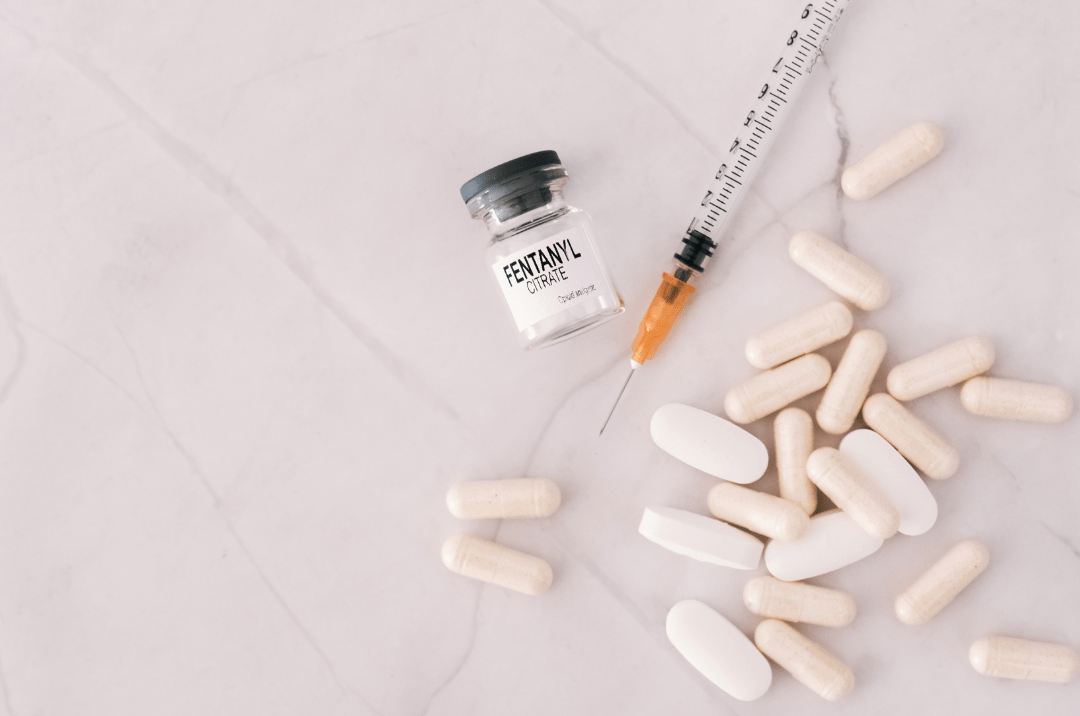Fentanyl Overdose: Prevention and Awareness

Similar to many other public health agencies, America’s Poison Centers continue to see an increase in the number of cases involving fentanyl, leading to more severe outcomes and deaths. How to prevent a fentanyl overdose? We’ve put together this brief FAQ to help explain what fentanyl is, why it’s dangerous, and what to do in the event of an exposure or overdose.
What is Fentanyl?
Fentanyl is a synthetic opioid that is 50 to 100 times more powerful than morphine. Opioids are a category of drug which are naturally derived from the opium poppy plant. Some opioids are made using the plant, while others, like fentanyl, are artificially synthesized in laboratory settings. Fentanyl is a prescription painkiller used to treat moderate to severe chronic pain, and for anesthesia and pain relief in severely ill hospitalized patients.
Why is Fentanyl Dangerous?
Fentanyl is an extremely dangerous drug because it can cause overdose in very small amounts and is highly addictive. For example, only 2 milligrams of fentanyl is considered to be a potentially lethal dose. For comparison, 2 milligrams is equivalent to about 15 grains of salt.
When taken under the supervision of a healthcare professional, fentanyl can be used safely.
The danger of fentanyl is elevated when using illegal drugs. Fentanyl and fentanyl-like products are illegally made and sold as counterfeit (fake) tablets that may look like other medications. Fentanyl is also added to other illegal drugs like heroin and methamphetamine. The amount of fentanyl in illegal drugs can widely vary. This can cause people to unknowingly take a deadly amount of fentanyl.
What are the symptoms of a Fentanyl overdose?
Here are some things to look for, if you think someone is experiencing fentanyl overdose.
- Small, constricted “pinpoint pupils”
- Difficulty staying awake or losing consciousness
- Slow, weak, or no breathing
- Choking or gurgling sounds
- Limp body
- Cold and/or clammy skin
How do you prevent fentanyl overdose?
Prevention starts with education. Knowing the dangers of fentanyl and being aware of drug use trends can help prevent fentanyl exposure from occurring. The CDC also recommends expanded distribution and use of naloxone, the antidote for opioid overdose. Additionally, community organizations across the country offer fentanyl test strips as a harm reduction strategy. Finally, those ready to seek treatment for their addiction can locate resources through SAMHSA’s National Helpline.
What should you do if you suspect a Fentanyl exposure or overdose?
- If you encounter fentanyl, call 911 to notify law enforcement of the presence of the illegal drug
- Call 911 if the person is not breathing or unable to respond to you
- Administer naloxone if it is available to you and stay with the person until emergency help arrives
- Call the Poison Help line at 1-800-222-1222 if the person is awake and breathing
For more information, get fast poison help and advice by calling 1-800-222-1222 or visit poisonhelp.org.